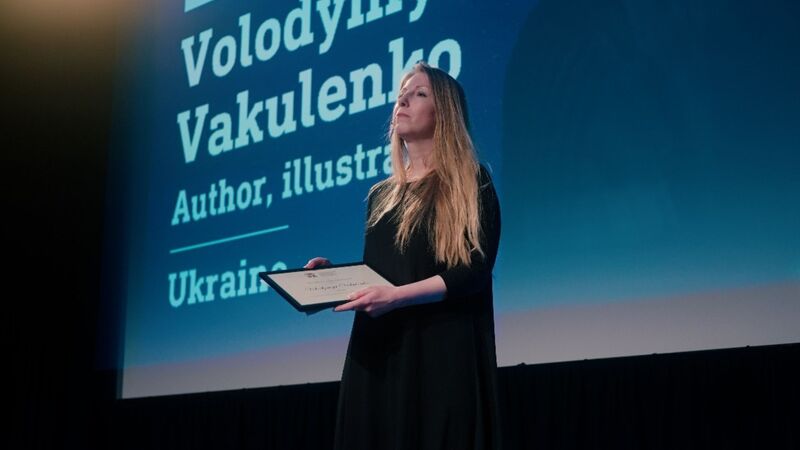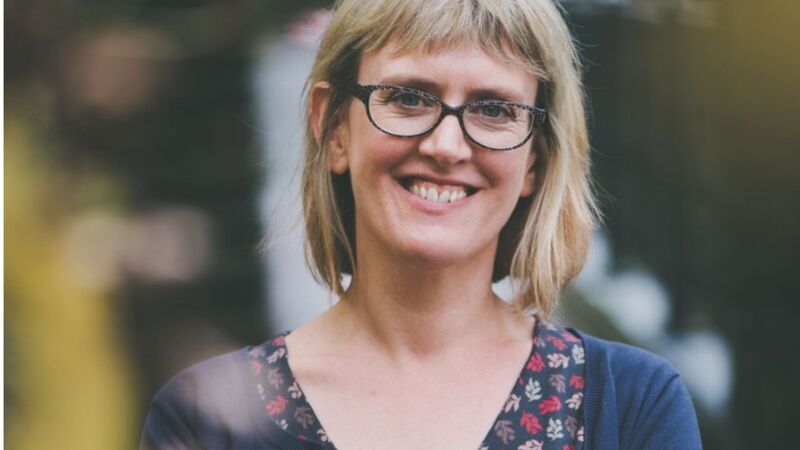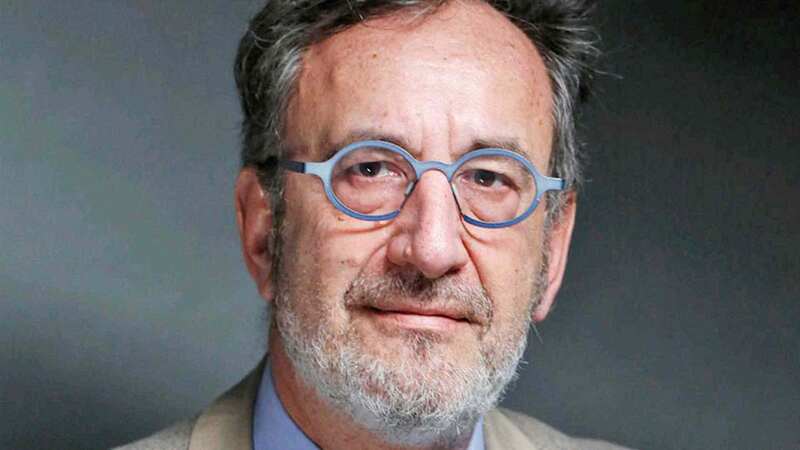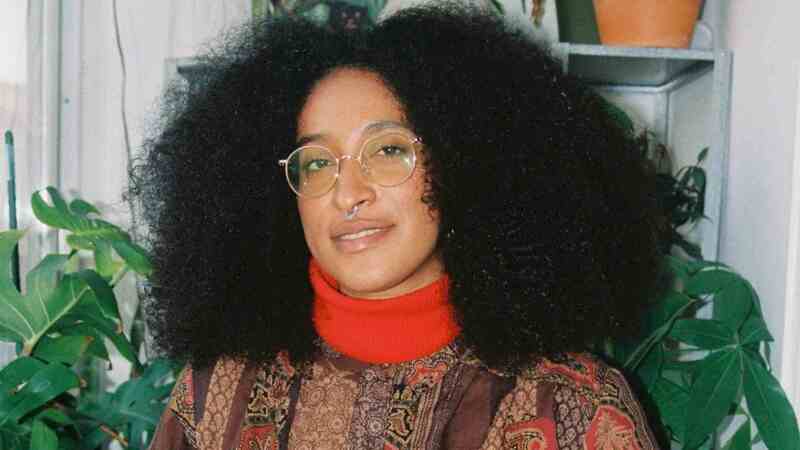You are viewing your 1 free article this month. Login to read more articles.
EIBF pulls out of World Book Capital committee over free speech concerns
Concerns over freedom of speech are a factor in the withdrawal of the European and International Booksellers Federation (EIBF) from the committee which appoints the Unesco World Book Capital city. Frictions are understood to have come to the fore around 18 months ago, when Chinese city Shenzhen and Sharjah in the United Arab Emirates were put forward as potential winners.
The World Book Capital (WBC) for 2018 will soon be named by an advisory committee composed of the International Publishers Association (IPA), European/International Publishers Federation and IFLA, the International Federation of Library Associations. EIBF had been a member of the selection committee since 2002.
The Bookseller understands that the EIBF was concerned that there was too little emphasis given to the freedom of expression in awarding the prize, with other criteria – namely degree of involvement at national and international level, scope of activities and involvement of stakeholders and activity programmes especially conceived for WBC - all considered more important in the judging criteria. Another factor in EIBF's decision is understood to have been that Unesco has taken a greater role and responsibility in co-ordinating the prize and deciding upon the winner, downgrading the EIBF’s involvement to an advisory capacity only.
In a statement, Françoise Dubruille, EIBF director, said: “I am saddened to have to step down from the WBC selection process and leave my colleagues from IPA and IFLA. Until last year, and for 13 years, our three organisations had very fruitful and passionate discussions around WBC applications from all over the world. With the change of rules currently on the table, which makes our committee an advisory one, EIBF feels that it has not been heard, in spite of its repeated messages since June 2015, and that freedom of expression, of publishing and bookselling is not considered a non-negotiable criterion.”
She added: “For EIBF, the absence of freedom of expression is ipso facto an eliminatory criterion in any WBC application and there is no need to refer to any other form of assessment.”
Fabian Paagman, EIBF co-president, said: “We do feel the need for expressing publicly the reasons for which we cannot support this prize anymore, at least with the evaluation criteria which are on the table from this year onwards. EIBF supports the principles outlined under Article 19 of the Universal Declaration of Human Rights: everyone has the right to freedom of opinion and expression; this right includes freedom to hold opinions without interference and to seek, receive, and impart information and ideas through any media and regardless of frontiers.”
However, Unesco has said all partners of the World Book Capital committee, including the EIBF, agreed to "create a more transparent process" in selecting the city, give Unesco a greater role and change the committee's role to an advisory capacity.
A spokesperson for Unesco said: "In response to the attempt to introduce a transparent weighting system for the selection criteria, EIBF did not comment on the proposed weightings but has contacted us to say they are withdrawing from the programme. They have offered no objective criteria or methodology for gauging levels of freedom of expression in countries and did not respond to Unesco’s offer to work with internal experts on freedom of expression."
It added: “The two other partners, IPA and IFLA, who work with UNESCO on the World Book Capital programme, have confirmed their continued participation and will discuss on 22nd June the proposals for the WBC title and how to improve the criteria for selection.”
The city of Wroclaw in Poland is the current World Book Capital for 2016.
José Borghino, Secretary General for the IPA said that “from the beginning, WBCC has been about promoting literacy and reading, and celebrating book culture”.
“Freedom to publish is central to the programme, which is why we asked Unesco's substantial freedom of expression unit to advise on the applications, thus contributing their expertise, resources and global standing to the selection process,” he said.
“The list of past WBCCs speaks for itself, and Unesco's increased stewardship of WBCC is a reflection of the burgeoning diversity and number of applications (a record 19 this year), and the need to further professionalize its administration.”
He added: “We regret EIBF's decision to pull out of the WBCC programme, and hope they will reconsider in the future.”
















